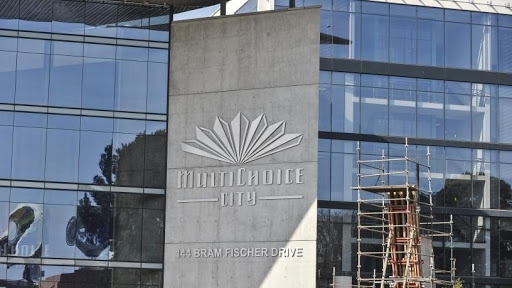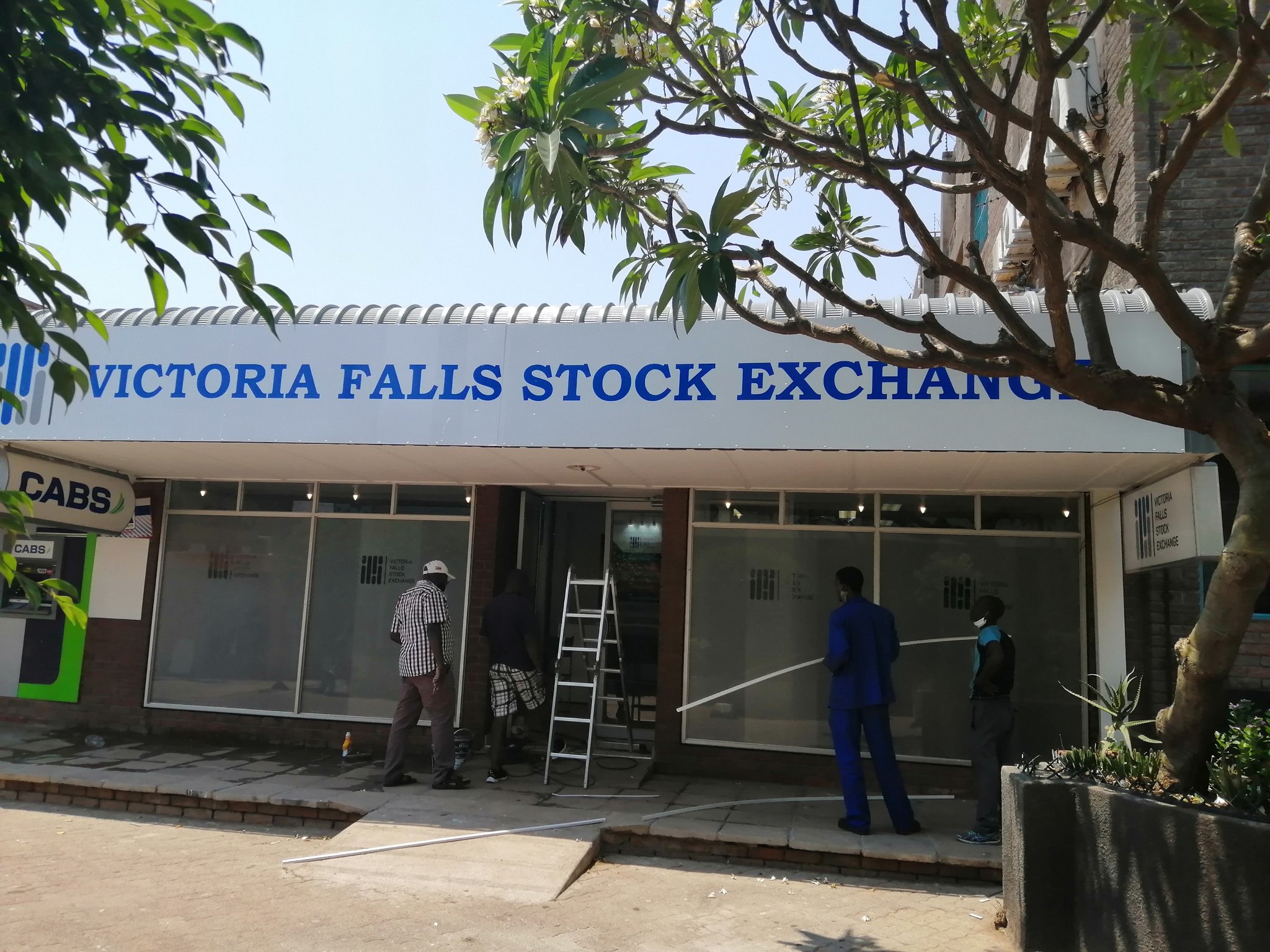RBZ to maintain tight monetary policy stance
RESERVE Bank of Zimbabwe (RBZ), says it will stay the course of a tight monetary policy stance to restore and maintain macro-economic stability.
This comes as the central bank has been rolling out policy pronouncements, which include liberalisation of the foreign currency, to arrest exchange rate volatility and price increases.
The bank attributes the exchange rate volatility to behavioural factors at a time inflation has also been increasing and alternative value preservation instruments remain limited.
According to the Central Bank, the full implementation of recent stabilisation measures will go a long way in restoring demand and confidence in the local currency, stabilise the exchange rate, and inflation.
Addressing participants at the Zimbabwe Economic Society (ZES) convention dubbed: “The quest for exchange rate and price stability: an assessment of recent policy measures”, director of economic research and policy at RBZ, Dr Nebson Mupunga, said the central bank was confident that the newly instituted measures will yield a positive result.
“The sustained tightening of monetary policy will help further anchor inflation expectations, and flexibility in the exchange rate will play the much-needed shock absorption role in the supply and demand dynamics of foreign currency,” he said.
“So, overall as the central bank and also I understand that the same with fiscal authorities, we are staying the course of a tight monetary policy stance to restore and maintain macro-economic stability,” said Dr Mupunga.
He said the current economic fundamentals were strong enough to engender exchange rate stability, and that the country’s current account and balance of payments were positive, adding that the Government’s fiscal position has been stable given its ability to curb its current account deficit at less than three percent in the past four years.
Dr Mupunga said the economy was projected to grow by more than 3, 8 percent owing to good performance in the tobacco and agriculture sector in general coupled with growth in the manufacturing sector’s capacity utilisation at 56 percent.
“This means that economic indicators are still strong to support a stable exchange rate, we still believe that the economy is in a healthy position to sustain a stable exchange rate,” added Dr Mupunga.
Speaking at the same event, Dr Ithiel Mavesere from the University of Zimbabwe Economics Department, said responsible authorities should get back to the basics like promoting productivity to strengthen the exchange rate and pricing levels.
“Determinants of the exchange rate is what we produce, are we producing things that attract those with foreign currency to come and buy, we need to be producing enough,” said Dr Mavesere.chronicles








